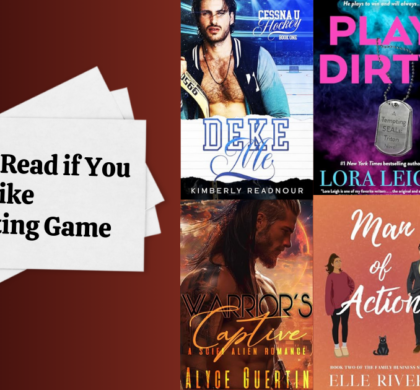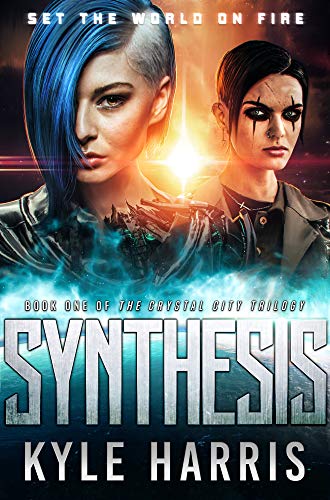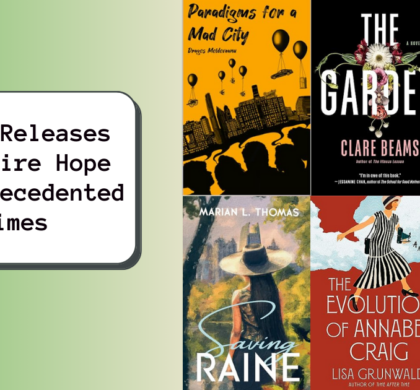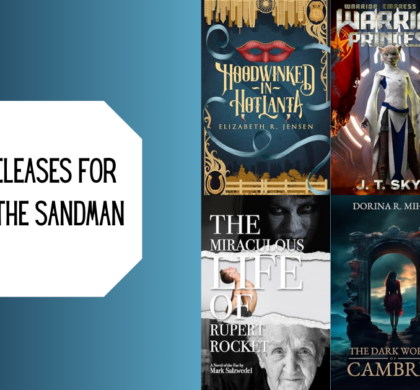Interview with Kyle Harris, Author of Synthesis
25 Jun 2019
What can you tell us about your new release, Synthesis?
Synthesis dips its toes in a bit of everything. From one perspective, it’s a cautionary tale about the privatized future of space travel and colonization, and the human toll of star-seeking capitalist ventures by unregulated mega-corporations; from another, it’s the genesis story of a survivor on the streets of the unforgiving Crystal City—humanity’s first metropolis beyond the Solar System—with all the gristle of noir and cyberpunk. It has violence aplenty, memory-altering drugs, butt-kicking cyborgs, evil CEOs, and space pirates. Oh, and multilingual sex robots with fruit-flavored bodily fluids! But the human drama is the core of the novel, and Synthesis delivers two unforgettable main characters dishing out some much-needed social justice in a frightening but all-too-familiar future.
What or who inspired you to become an author?
My inspiration for becoming an author is probably different than most: I needed a job. Having never seriously considered writing before, I tried it, and amazingly I found near-instant success. This will be my seventh year since I picked up the metaphorical pen. For Synthesis (my first novel of this size and scope), my inspiration was the superhero genre of movies—or, rather, just how damn dull they are. Why do superheroes have to protect the planet from purple aliens with magical gauntlets? Where are the superheroes tackling our real problems, like climate change, political and corporate corruption, or poverty and world hunger? Where are the superheroes willing to do what it takes to save our real world? Give me THAT superhero instead.
What’s on your top 5 list for the best books you’ve ever read?
Confession: I actually haven’t read enough novels to have a top 5 list of favorites. My repertoire of storytelling knowledge comes from the visual medium, but I’ll spare you from my professing love for Fincher, Kubrick, Villeneuve, and so on. Coming from a scientific background, I instead see novel writing like a math problem. And to understand—and solve—the problem in my head, I must research the proofs. Two of those are American Gods by Neil Gaiman and 11/22/63 by Stephen King. Both are fantastic novels. Gaiman’s talent for pure storytelling is something I greatly envy, and I’ve studied King’s mastery of intricate plotting several times. They are mathematicians of prose, and I only hope I can equal a fraction of their talent someday.
Say you’re the host of a literary talk show. Who would be your first guest? What would you want to ask?
William Gibson. I’d ask him how Neuromancer would have been different if he had written it in 2019.
What’s your favorite thing about writing?
Meeting the fantastic characters that have been living in my head all this time, and their voices finally being heard. And just putting together a damn good sentence.
What is a typical day like for you?
Listening to music is always my first step before writing. Then I’ll dig in and write toward a word goal—anywhere from 500 to 1000 words depending on the book. After, I’ll take a break, eat, listen to more music to put my mind back in the groove, and pump out another 500-1000 words. And constantly I’m proofreading earlier passages, or just rereading my favorite scenes in the manuscript. I sit in an empty room with absolutely no distractions, the door closed, my imagination at the controls.
What scene in Synthesis was your favorite to write?
Late in the story, the main character, Synthia Garland, is faced with a perilous task: crossing thirty kilometers of desolate terrain on foot and withstanding deadly elements with a limited supply of oxygen in her EVA suit. I love this sequence for a couple reasons. One, I’m kind of a math and weather nerd, so having Synthia apply her problem-solving skills to a life-or-death situation was really fun, and the scene of her contending with a vicious windstorm is, in my opinion, the highlight of the entire novel. And secondly, it is the ultimate test of her character: the human spirit one-on-one with the forces of nature. No one else could accomplish what she does, and the entire chapter still wrings every organ in my body even after having read it a hundred times. We witness her perseverance, her selflessness, her courage. She faces insurmountable odds, and yet…well, I shouldn’t spoil it!
Do you have a motto, quote or philosophy you live by?
Never give up, never surrender.
Buy The Book
Sign up for our email and we’ll send you the best new books in your favorite genres weekly.
Related
grant
Recommended Posts

Books to Read if You Like The Hating Game
19 Apr 2024 - Books to Read if You Like..., eBook, News, Romance


